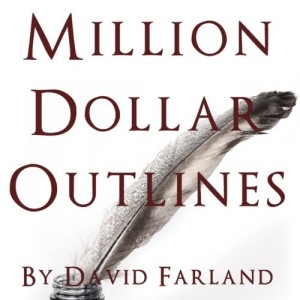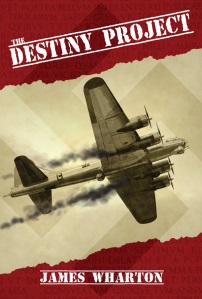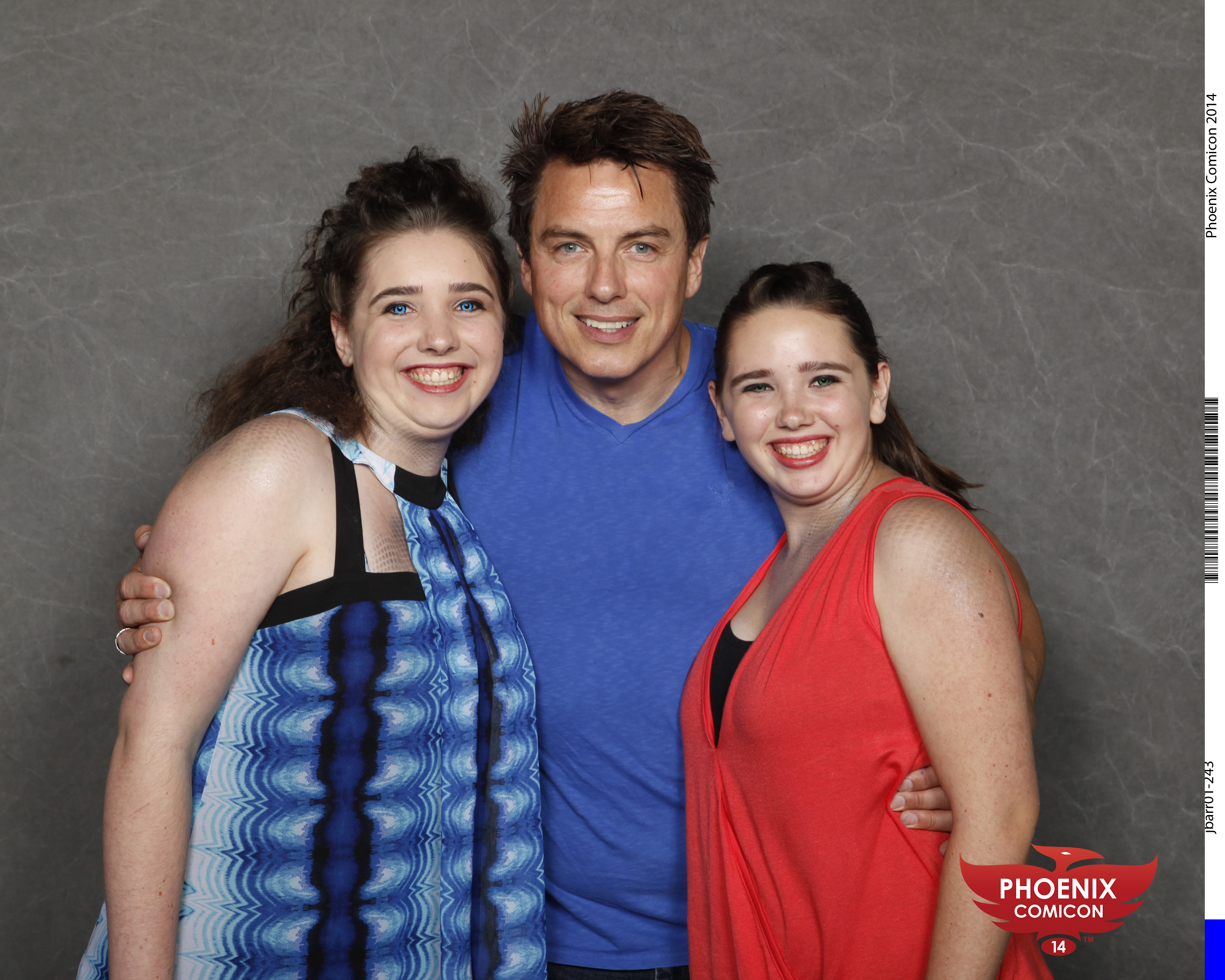They say there are no new stories. I didn’t really know what that meant, other than there are common themes through some stories, similar character arcs and that sort of thing, but Twilight and Hunger Games were both very popular “new” stories, right?
I’ve been cranking along on a novel that I’ve now been writing for about two years. It’s a YA fantasy, so word count isn’t the reason for its slow development. I’m a discovery writer and I’m learning, feeling the downsides to this writer type. I started the novel as an exercise, trying to implement point of view and showing versus telling. Fifteen thousand words in and the story began to take shape. Then I learned about pacing and yes my craft was full of pacing problems so I rewrote the story. Then I learned about strong character development and so I rewrote the then twenty thousand words to develop stronger characters.
A year into the novel and a quarter of the way through, after several reworks, I got bored of the piece and went on to write a few short stories, my novel calling out continually to my subconscious, letting me know that I have yet to compete a story of length. So at the beginning of the year I recommitted to writing, adding 5000 words to my story each month. Well, had I done so, I’d be completed with the writing phase of my novel.
 Earlier this year (not long after my recommitment to this story) I watched the Lego Movie. I love legos, always have. The start was entertaining. Then as the story developed, I saw my story, the one I’ve been writing, developing for the past two years, come together on the silver screen. Well it was much better than my story and it was completed, but the underlying morals, messages, the character development, all of that was my story, just with legos in a lego world versus some magical realm I had concocted.
Earlier this year (not long after my recommitment to this story) I watched the Lego Movie. I love legos, always have. The start was entertaining. Then as the story developed, I saw my story, the one I’ve been writing, developing for the past two years, come together on the silver screen. Well it was much better than my story and it was completed, but the underlying morals, messages, the character development, all of that was my story, just with legos in a lego world versus some magical realm I had concocted.
This killed my buzz, my energy and momentum. Why bother writing a story that is already told so beautifully?
My dad taught me how to play the guitar when I was fourteen. He showed me four chords, C, Am, F, and G. It took awhile to build the muscles so I could play the sequence without pausing. My dad showed me that those four chords in that sequence were the base of La Bamba, Can’t Help Falling in Love, Sherrybaby, Hang on Sloopy, Mr. Bojangles, and just about every Peter, Paul, and Mary song.
All these songs have different words, different rhythms, different tunes, but underneath, they’re all the same. La Bamba evokes a different emotion than Mr. Bojangles. And I like them both.
So while my story might have been told, it wasn’t told by me, with my characters, in my style of writing, in my world, from my character’s point of view.
I bucked up and recommitted.
 I knew I needed to deal with this discovery writing problem. I wanted to finish the book, not spend the rest of the decade rewriting it. I decided to buy Million Dollar Outlines.
I knew I needed to deal with this discovery writing problem. I wanted to finish the book, not spend the rest of the decade rewriting it. I decided to buy Million Dollar Outlines.
After describing me to a T, David Farland suggests that if authors are set on being discovery writers, they shouldn’t bother purchasing his book. Well I do love discovery writing, but it’s not entirely working for me, so I kept reading, after all I had already paid for it. He later suggests that many writers take a hybrid approach, using outlining methods but leaving themselves room so they can still discover the rest of the story.
That’s what I needed to hear. The book is a tremendous help and has great stuff for any type of writer. After reading through it, I was able to outline the rest of the story, and it gave me some great ideas on my already written part, so yes, I’ve rewritten the completed section once again, aligning it with my outlined plot and am currently 32,000 words into the novel. I’m back on track and recalibrated. My new goal is to turn the novel over to beta readers by the end of the year. To steal a line from the movie, “Everything is awesome.”





